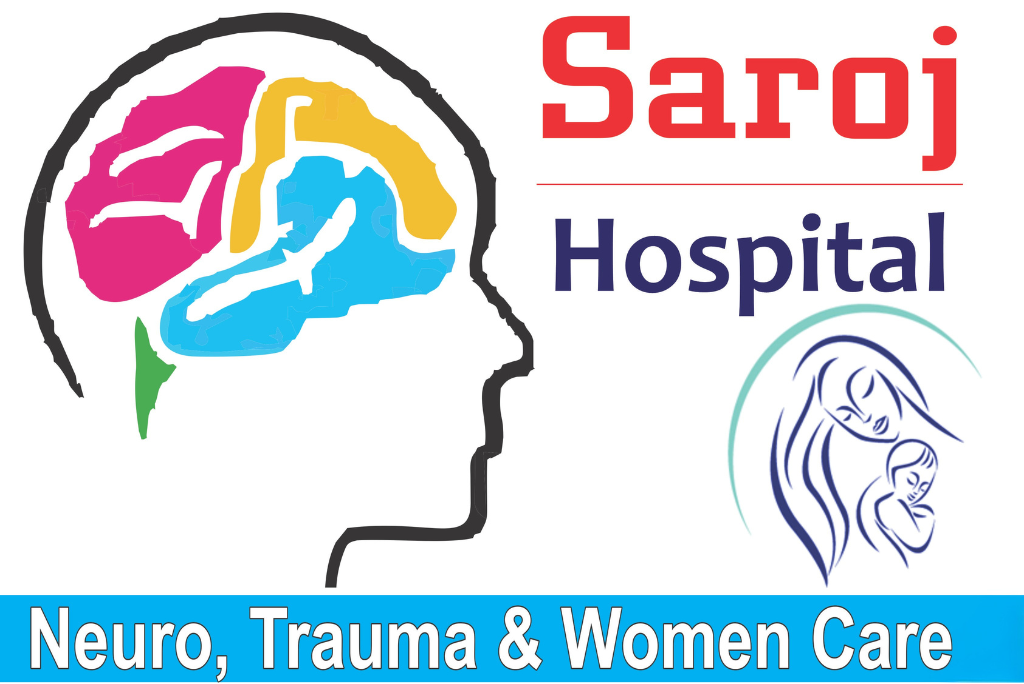Polycystic Ovary Syndrome, or PCOS, can mess with your hormones. It affects many during important years in life, disrupting the natural balance of hormones like estrogen and progesterone. This can lead to issues in the ovaries, which are important for having kids.
PCOS isn’t just about having kids; it affects more areas of life. It has links to metabolic problems like type 2 diabetes due to insulin resistance. Your mental health could also suffer, with stress and anxiety showing up all too often.
The tricky thing about PCOS is spotting its symptoms. The signs vary so much, many people don’t even know they have it. It’s common for folks to blame other issues for their symptoms, which makes getting diagnosed harder.
Decoding PCOS: The Basics
Polycystic Ovary Syndrome, or PCOS, mainly shows up in three ways: troubling periods, more body hair, and swollen ovaries. Some women may have fewer periods each year with longer cycles. Hormone spikes can cause hair on the face or chin to increase. Inside some ovaries, small fluid-filled sacs might form, causing added complications.
Not every woman with PCOS will have the same signs or levels of them. One might miss periods but not grow a lot of hair. Others could have cysts without many hormone changes. Doctors need at least two out of the three symptoms to make a firm diagnosis.
Symptoms of PCOS can be very different in each person affected. Some battle unwanted weight while others face changing moods or skin issues. Because of this diversity in symptoms, personal treatment plans often work best for managing this condition.
Spotting Common Symptoms
Periods often become a puzzle for those living with PCOS. The menstrual cycle can last from 21 to 42 days, or disappear entirely for months. These changes are key symptoms suggesting hormonal balance problems.
Everybody has some androgens, but too much can lead to visible issues. Hirsutism, which is excess body and facial hair, is one such sign. Acne that persists long after teen years also signals these imbalances, especially when it’s spread over the chest and back.
One major hurdle with PCOS is managing weight effectively. Many experience stubborn weight gain that doesn’t respond to regular exercise or dieting plans. This challenge often ties back to insulin resistance and metabolic disturbances linked to the condition.
Besides these symptoms, subtle clues include skin darkening on the neck or armpits. Continuous tiredness becomes routine, while mood swings slightly alter everyday living.
Exploring the Roots of PCOS
Finding the roots of PCOS often involves exploring family history. If your relatives have PCOS, you’re more likely to have it too. This genetic link can show up in shared symptoms, hinting at familial connections.
The chaos of PCOS is largely due to hormonal issues. Too much of male hormones or androgens can throw things out of balance. This disruption often affects ovulation, making it hard to release eggs, impacting fertility.
Insulin plays a major role in the complexity of PCOS. Often, the body’s insulin cannot work efficiently with hormones. This can lead to resistance, causing more hormone trouble and making weight control difficult.
PCOS is not just about genes or hormones; lifestyle matters too. Having a sedentary life or putting on weight can make symptoms worse. A genetic tendency might make certain people more likely to develop the condition. The tricky mix of these factors makes understanding the exact causes challenging. If you find yourself managing PCOS, embracing lifestyle changes like an active routine might offer relief and help with PCOS weight loss goals.
Your Path to a PCOS Diagnosis
The path to a PCOS diagnosis involves several important steps. First, doctors will take a detailed medical history to understand any patterns in your symptoms. They look for hormonal changes, issues with weight, and family history trends.
Medical experts often rely on the Rotterdam criteria for diagnosing PCOS. This approach requires the presence of two out of three main features for a correct diagnosis. Blood tests can also check hormone levels to see if there is an excess of androgens.
An ultrasound procedure is crucial for spotting ovarian cysts. It allows doctors to find any signs of swelling or unusual sacs, providing clear evidence of PCOS.
PCOS can lead to other health conditions like diabetes due to insulin resistance. Acknowledging these risks highlights the need for thorough medical assessment and care plans.
Conclusion and Next Steps
Spotting PCOS symptoms early can deeply impact your health journey. Beginning with open conversations with healthcare providers sets the stage for effective management. Prioritize seeking medical advice as it can significantly aid in PCOS weight gain management and enhancing fertility.
If your periods are erratic or you notice signs of androgen excess, it’s wise to talk to a doctor. Identifying these symptoms early helps address concerns about ovary weight and fertility obstacles. Look for a PCOS nutritionist near me to get tailored guidance on diet and lifestyle changes.
Concerned About Irregular Periods or PCOS Symptoms?
Take the first step toward better hormonal health. Saroj Hospital’s team of expert gynecologists and endocrinologists can help diagnose and manage PCOS with personalized care, lifestyle support, and advanced diagnostic tools.

